Kill Your Darlings (Leave the Heart)

I suddenly found myself getting more feedback than I could handle. Seven voices all telling me different things. Seven voices full of conviction, where I had none. I tried to please everyone. Spoiler alert: I failed.
Finding Inspiration in Grief

After I finished a draft, I emerged from my cocoon of grief, wiped the ice chips off my body, and wasn’t prone to crying in the middle of the street anymore. I left it all on the page.
The Nomad: A Jai Jamison Origin Story
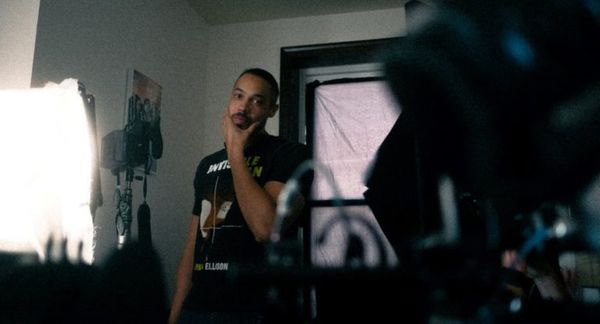
The “in-between” can be a lonely place—growing up Black in the capital of the Confederacy can make it even lonelier.
The 5th Grade Writing Process: A Dangerous Lie
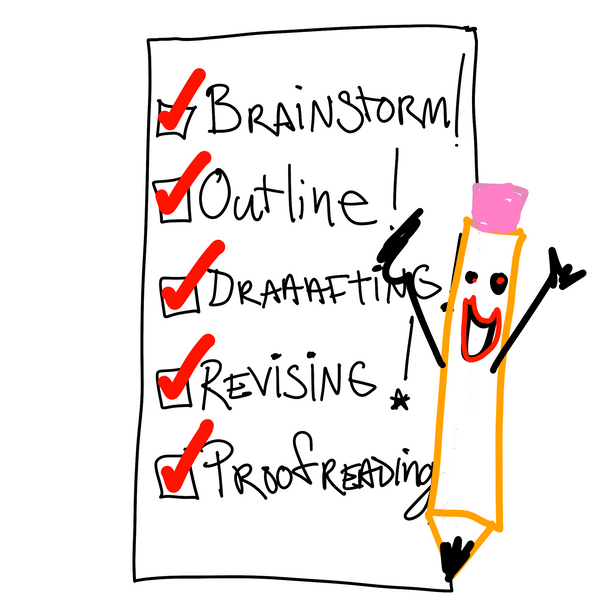
I don't often have hot takes, but when I do, it’s that “The Writing Process” poster in my fifth-grade classroom ruined me.
Alex Hooper: Going Big and Unbalanced

I have no reason to be scared of anything, ever. 2018 could have been a death punch to me as a comedian. That kind of beating is almost unheard of as a stand-up comic. But I proved to myself that I can rise up to the biggest occasions.
Artist Snapshot: Skyler Lawson
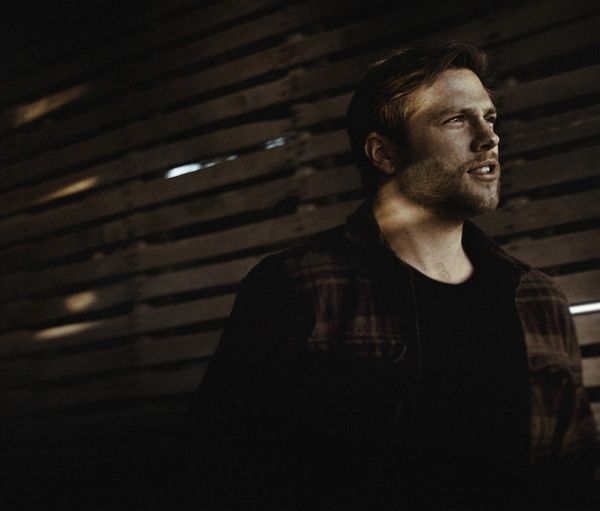
If you’re trying to hit the zeitgeist, you’re gonna miss and be too late. Authenticity is timeless ...
We Get There When We Get There

I don’t want to be famous. I don’t want to be the next ‘so-and-so’ anymore. Don’t get me wrong, I’m still on my grind—I still bleed this shit. But I’m just ... enjoying the ride.
Lessons from an Ad Agency: Want to be the Next Aaron Sorkin? Start by Being Don Draper

It’s all storytelling, be it a product or a film or a TV show. Combining art and business is a tale as old as time.
Interview: Ann Meyers Drysdale and Joni Ravenna
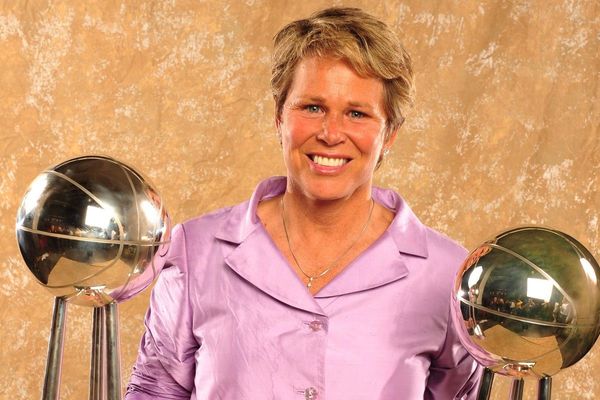
And all of this is happening at a time when the culture is redefining women—tossing aside Harriet and Lucy for Maude and Mary Tyler Moore—and deciding that female student-athletes should have access to the same benefits as the guys (with the passage of Title IX).
A Billion Little Stings

Every creative knows that feeling. We also know it's just part of the business. An occupational hazard. You pick yourself up, dust yourself off, and move on. But for some, that one little bee sting feels more like a thousand angry hornets.
Portrait
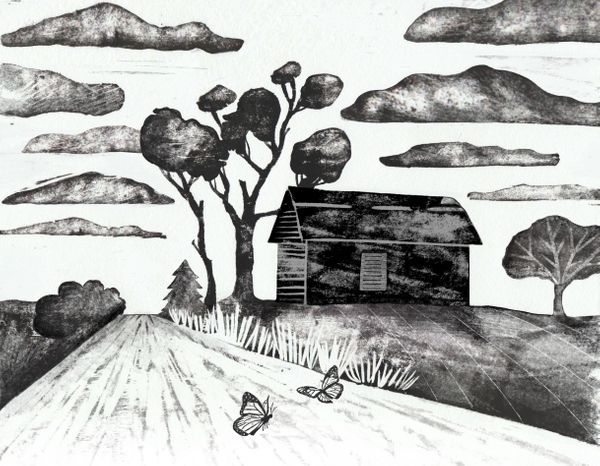
... leaving the little tracks in the dirt where you can see behind you for miles what you left but not why.
NEVER, EVER DO THIS: Gentle Advice for Eager Writers

We all have them. That little thing that most people don’t even notice, but annoys the absolute hell out of us.
I Came. I Saw ... I Stuck Around.

If I flew, I’d know this path was meant for me. If I fell, I’d finally be able to put an end to all of the story ideas that went off like sparklers in my brain keeping me up at night.
Artist Snapshot: Karina Evans

I was dropped into a radioactive vat of freckles and now roam the Earth to ginger-fy its people. Er—no. Wrong origin story.
The High of Stand-up

With stand-up, it's one of the purest forms of art. It's just you, on a stage, and you better make the crowd laugh.

